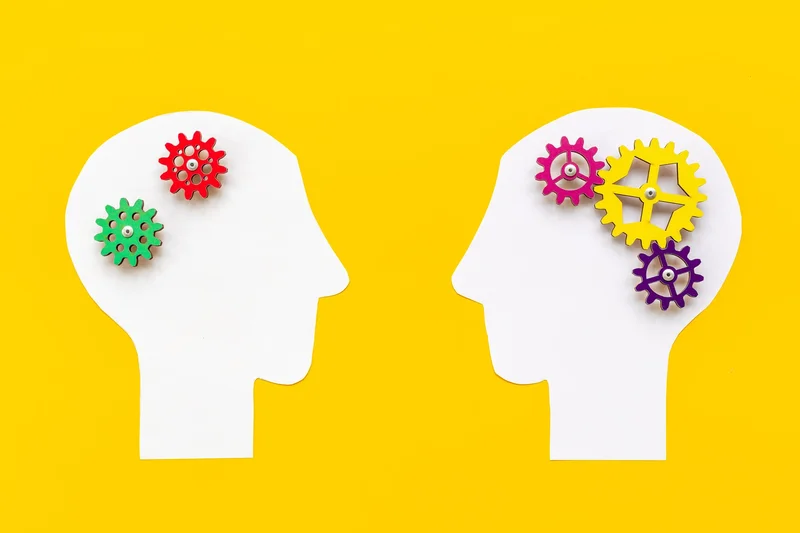How to identify people with low emotional intelligence in your circle?

Photo source: 123rf.com
An expert in the field of development and personnel management told the editors of INC-News.ru how emotional intelligence works and how it can be "pulled up" if necessary.
Burnout, toxicity, resource state - these terms have often become heroes of memes lately. But, in fact, there is little humor here. All these words refer to the concept of emotional intelligence - an important component of our emotional and mental state. Why it is difficult to be successful with low emotional intelligence and why to change your environment tells Elizaveta Radina, certified trainer for the development of emotional intelligence, author of developing programs and trainings for business teams, an expert in the field of development and personnel management.
What is emotional intelligence?
A few words about the concept itself. Emotional intelligence is the ability to recognize emotions, intentions, motivation, desires of oneself and others and manage it. That is why it helps us achieve our goals, negotiate with other people, make decisions and respond correctly to negative situations.
"In the modern world, emotional intelligence is simply a must-have. In recent years, we all live in a state of permanent stress and there are no fewer external challenges. Therefore, it is very important to monitor your emotional state, develop your emotional intelligence and, through this, skillfully cope with all negative situations and crises," said Elizaveta Radina.
How to determine that we have a person with a low level of emotional intelligence?
We live in society, among colleagues, friends, relatives and many other people with whom we need to maintain relationships. That is why it is important to be able to recognize the signs of low emotional intelligence and avoid close contact with such people. Because we can't change them if they don't want to.
Elizaveta Radina notes the following signs of a person with low emotional intelligence:
- it is almost impossible to negotiate with him if he considers himself right. The world is only black or white. "It's easier to give than to explain that you can't" (c);
- most often he is in a bad mood;
- cannot intuitively feel that his words drive a person out of themselves, put pressure on values, hurt a person. Does it over and over again;
- the conflict that began with a broken cup will definitely end with "yes, that's because you are like that!". Any problem is transferred to interpersonal relationships;
- it is difficult for him to empathize or be happy for others. “Oh, I also have a problem,” or “oh, yes, anyone can do it, it’s unseen” is a common reaction. Rarely hear from him a compliment or admiration for something / someone;
- it is difficult for him to make social contacts, constant alertness interferes with the formation of friendly relations;
- lives either only by logic, or only by feelings;
- lives on wear and tear, can work like a horse, and then declare: “You don’t appreciate me, I’m tired, I’m leaving”;
- he has little interest. Work-home-TV-sleep-work. No hobbies, no burning eyes for anything. Extinct, tired of everything. Whatever you offer, everything is not right;
- in order to communicate with him without drama, you have to choose the right words so as not to hurt, offend, not fall out of favor;
- it seems to him that others do not understand him, and this causes him irritation;
- he will hasten to say that "I am not obliged to notice your feelings and mood swings";
- often blames circumstances, people, parents, the president for his problems. Everyone but yourself.
- at the start, he says "we will not succeed", in case of failure, "but I told you."
Can something be changed?
By the way, you can check yourself on the same grounds. If you have found more than 5 points in yourself, you should pay attention to your emotional intelligence and, perhaps, reconsider some of your communication habits.
And you can start with simple exercises:
- Make a list of things that bring you pleasure and joy and write them into the plan for the week. This will add positive to you, and reduce the negative towards the environment. A satisfied and happy person communicates in a completely different way than a tired and dissatisfied one.
- Gratitude technique. It works very well when there is a feeling that everyone is given something good, but for some reason you are not. At the end of the day, write a list of why today was a good day and to whom and for what you are grateful, after 10 days it will correct your worldview. Try it.
- Develop your emotional intelligence. This will make your life more harmonious, happier and more successful. Tested on myself!